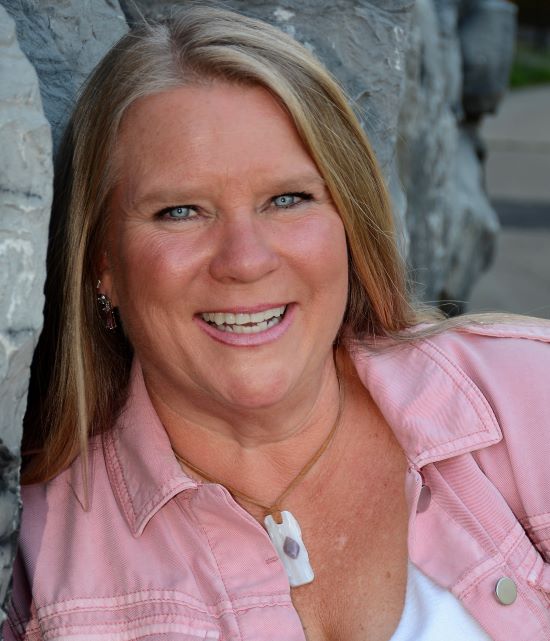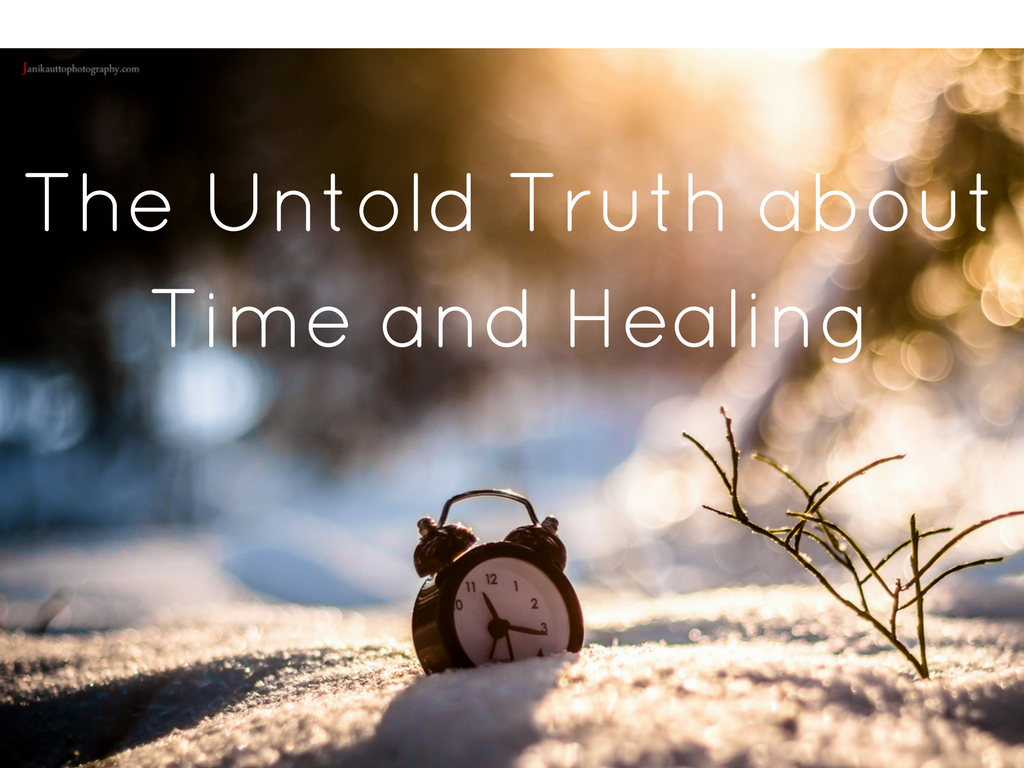Loss, grief, and healing are all around us.
A good friend is recovering from surgery to remove a malignant tumor from her breast. Yesterday I learned that one of my global neighbors has a friend who not only share’s my friend’s name, she is healing from a double mastectomy to help rid her body from cancer.
As I type, relatives are beginning their grief journey after an uncle’s death following a long and valiant battle with kidney disease; a California friend buried her father in the last ten days, and a local pal buried her brother in the past thirty-six hours.
In my little corner of the world, alone, I have close connections who are coping with rare forms of Sarcoidosis and other autoimmune disorders, legal battles for a family member who was murdered, and other losses that include depression, divorce, infidelity, and job loss, just to name a few.
In fact, right now millions of us are grieving from some loss event that falls into one of these five categories: death, despair, disaster, disease, or dysfunction.
The Centers for Disease Control included these statistics in their October 2016 report (based on 2014 data)*:
· The top ten disease-related deaths for 2014 totaled 2,626,418; a staggering 42,773 were related to self harm.
· Divorce rates were nearly half of all new marriages for the same period; according to the data there were nearly 1 million marital terminations
· Deaths from homicide totaled nearly 16,000
· Medically attended injury and poisoning episodes totaled 39.5 million
Multiply these numbers by the family, friends, and colleagues who are also impacted by each individual loss and you have a more accurate image of how many people are suffering something, right this second.
There will be no rhyme or reason to how each individual traverses the distance from agony to acceptance, from frustration to forgiveness, from hurt to healing.
Each will weave in and out of Elisabeth Kubler-Ross’ five stages of grief: denial, anger, bargaining, depression, and acceptance.
And through this process most will ask those eternal questions: What? When? Where? Why? Who? How?
What is happening to me? Where do I go from here? Why did this happen? Who can help me? When will I feel better?
We, as a society, have an arsenal of quotes, clichés, and platitudes always at the ready to help our grieving neighbors.
“God has a plan.” “When one door closes, another one opens,” or “When God closes a door, he opens a window.”
“S/He’s not suffering anymore/is in a better place.”
“Fall down seven times, get up eight.”
“Everything happens for a reason.”
“Don’t sweat the small stuff.”
“Time heals all wounds.”
“It’s all small stuff.”
When we are in the throes of despair, these responses often bring about frustration and additional questions.
What is the purpose/reason/meaning?
Why is this happening to me?
When will I feel happy?
How much time?
I learned countless lessons following my firstborn’s death, two days before Mother’s Day in the year 1990.
One revelation is that the true meanings behind platitude don’t reveal themselves to us until after we’ve traversed from grief into healing.
You see, platitude always takes us from “Problem” to “Peace,” leaving out the middle part, the work component that eventually allows us to create our own conflict and grief resolution.
Which brings us to that time and duration factor.
How much time does it take to heal, Journeyer?
YOUR time. In your time you will assemble the answers that become your own meaning, suit your needs, fit into your lifestyle, meld with your beliefs and into the personal, professional, and philanthropic life you want for yourself.
Grief slowly penetrates the fibers of our existence, often affecting all of our five facets — the academic, emotional, physical, social, and spiritual parts of the self.
When our grief is raw, we sometimes can’t remember the simplest things, like taking a shower or taking out the trash. We feel fatigue to our very core. We question our Gods, our family, our friends, and the universe.
Suffering tends to draw people to us or away from us, and it is not uncommon that it separates us from ourselves for a while.
Healing is the resolution of our conflicts across all parts of our Self, Journeyer.
We must relearn what it means to be human and we must reexamine many of the thoughts, ideologies, expectations, and beliefs we once held sacred.
We must create new sacred relationships with ourselves and with the world around us.
Sometimes we will find what we need in the loss circles that are closest to us, such as niche Addiction, Cancer, Child-loss, or Divorce support groups.
One of my greatest gifts, however, came from a relative stranger, a customer who became one of my heroes after asking me about the baby I’d been expecting. Seeing the look of shock and fear on her face after I told her my son hadn’t survived birth, I reached for her trembling hand and told her, “It’s okay.”
“No, it’s not okay,” she replied.
It would be years before I fully understood the full truth of her wisdom, one that has become a cornerstone for how I help others in their darkest times of need.
One of the most confounded misconceptions about healing is that our recovery and “moving on” will somehow deny or devalue the life or love for that which has gone missing from our life; that healing will somehow make our loss event alright.
Healing doesn’t mean that what happened to us is okay; rather, healing means that we can be okay in the face of our adversity, Journeyer.
The way we do this is by finding resolution in each of our conflicts across all five of those facets.
Where can You find answers to some of your questions?
What can You do to find some sense of peace?
How can You address the fatigue you are feeling?
Which friendships are You willing to let go and which new ones are you willing to let in?
How can You resolve any spiritual conflict?
Much like the slogan, “Have it your way,” mine has become, “Heal it your way.™”
If you don’t like pickles and God is a pickle to you, then don’t put God on your bun.
No one is exempt from suffering but everyone is entitled to healing.
Assemble the pieces that work for You.
And remember that as we grow and mature and experience new things, our likes and dislikes and tastes often change.
Regardless of what your figurative pickle might be, in a week or a month or a year, you may discover that marinated cucumbers are now somehow agreeable. Be brave. Be open. Be yourself.
*Centers for Disease Control and Prevention, https://www.cdc.gov/nchs/fastats/injury.htm
Originally published at medium.com


